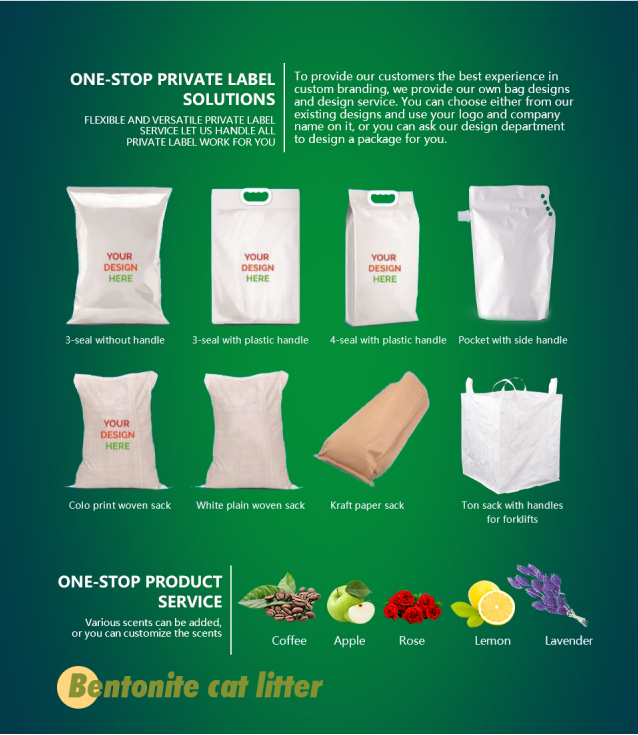Versatile Flexible Suction Hose for Efficient Fluid Transfer and Industrial Applications
The Versatility of Flexible Suction Hose Pipes
Flexible suction hose pipes are essential tools in various industries, playing a critical role in the transportation of liquids and materials. Their design combines flexibility, durability, and adaptability, making them suitable for a wide range of applications including agriculture, construction, waste management, and industrial processes. In this article, we will explore the characteristics, advantages, and applications of flexible suction hose pipes.
Characteristics of Flexible Suction Hose Pipes
Flexible suction hose pipes are typically made from high-quality materials such as PVC, rubber, or polyurethane, which contribute to their flexibility and resilience. These hoses are engineered to withstand internal and external pressures while maintaining their shape and functionality. The internal surface is often smooth to ensure a streamlined flow of liquids, reducing the risk of blockages and turbulence. Additionally, many hoses are reinforced with textile or spiral materials to enhance strength and prevent kinking, which is crucial for consistent performance.
One of the defining features of flexible suction hoses is their ability to bend and adapt to various configurations. This flexibility allows them to navigate complex environments, making them ideal for use in spaces where rigid pipes would be impractical. Available in different diameters and lengths, these hoses can be customized to meet the specific needs of any project, ensuring the efficient transfer of materials.
Advantages of Flexible Suction Hose Pipes
The primary advantage of flexible suction hose pipes is their versatility. They can be used to transport a wide range of materials, from water and chemicals to slurries and solid particles. This adaptability is particularly beneficial in industries where different substances need to be handled, as it minimizes the need for multiple types of hoses.
flexible suction hose pipe

Another significant benefit is their ease of handling. Unlike rigid pipes, flexible hoses are lighter and can be coiled or uncoiled with minimal effort. This portability makes them easier to store and transport, which is especially advantageous in job sites where mobility is key. Additionally, the ability to connect and disconnect hoses quickly facilitates rapid deployment and dismantling, saving valuable time during operations.
Furthermore, the flexibility of these hoses helps reduce the risk of damage to equipment and infrastructure. When pressure builds up, a rigid pipe can easily crack or burst, leading to costly repairs and hazardous spills. However, flexible hoses are designed to absorb shocks and vibrations, allowing them to withstand dynamic conditions without compromising reliability.
Applications in Various Industries
Flexible suction hose pipes are utilized in diverse industries, demonstrating their broad applicability. In agriculture, they are commonly used for irrigation systems, enabling the efficient transfer of water from reservoirs to fields. In construction, these hoses facilitate the removal of debris and the transportation of concrete, gravel, and other materials.
The waste management industry relies heavily on flexible suction hoses for the collection and transportation of sewage, sludge, and other waste materials. Their ability to handle various types of fluids makes them an indispensable tool for maintaining cleanliness and efficiency in waste treatment processes. Similarly, in industrial applications, these hoses are employed in the transfer of chemicals and other substances, ensuring safe and effective operations.
Conclusion
In conclusion, flexible suction hose pipes are invaluable assets across multiple sectors. Their unique characteristics, including flexibility, durability, and versatility, make them suitable for a plethora of applications. As industries continue to evolve and expand, the demand for effective and adaptable solutions like flexible suction hoses will only grow, solidifying their place as essential tools in modern operations. Understanding and utilizing these hoses can significantly enhance efficiency, safety, and productivity in various tasks, making them a wise investment for businesses seeking to optimize their workflows.
-
Welded Wire Mesh Panel: Durable, Versatile, and AffordableNewsJul.28,2025
-
Top Quality Oxy Acetylene Hoses for Sale Fit for Welding DemandsNewsJul.28,2025
-
The Future of Pneumatic Air Tubes in IndustryNewsJul.28,2025
-
Superior and Reliable LPG Hose Pipe Solutions for Every NeedNewsJul.28,2025
-
Exceptionally Durable and Versatile Premium Braided PVC TubingNewsJul.28,2025
-
Best Adapters for Connecting Garden Hose to PVC Pipe ConnectionsNewsJul.28,2025














